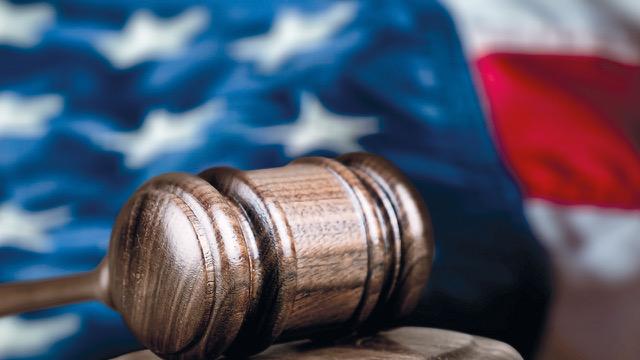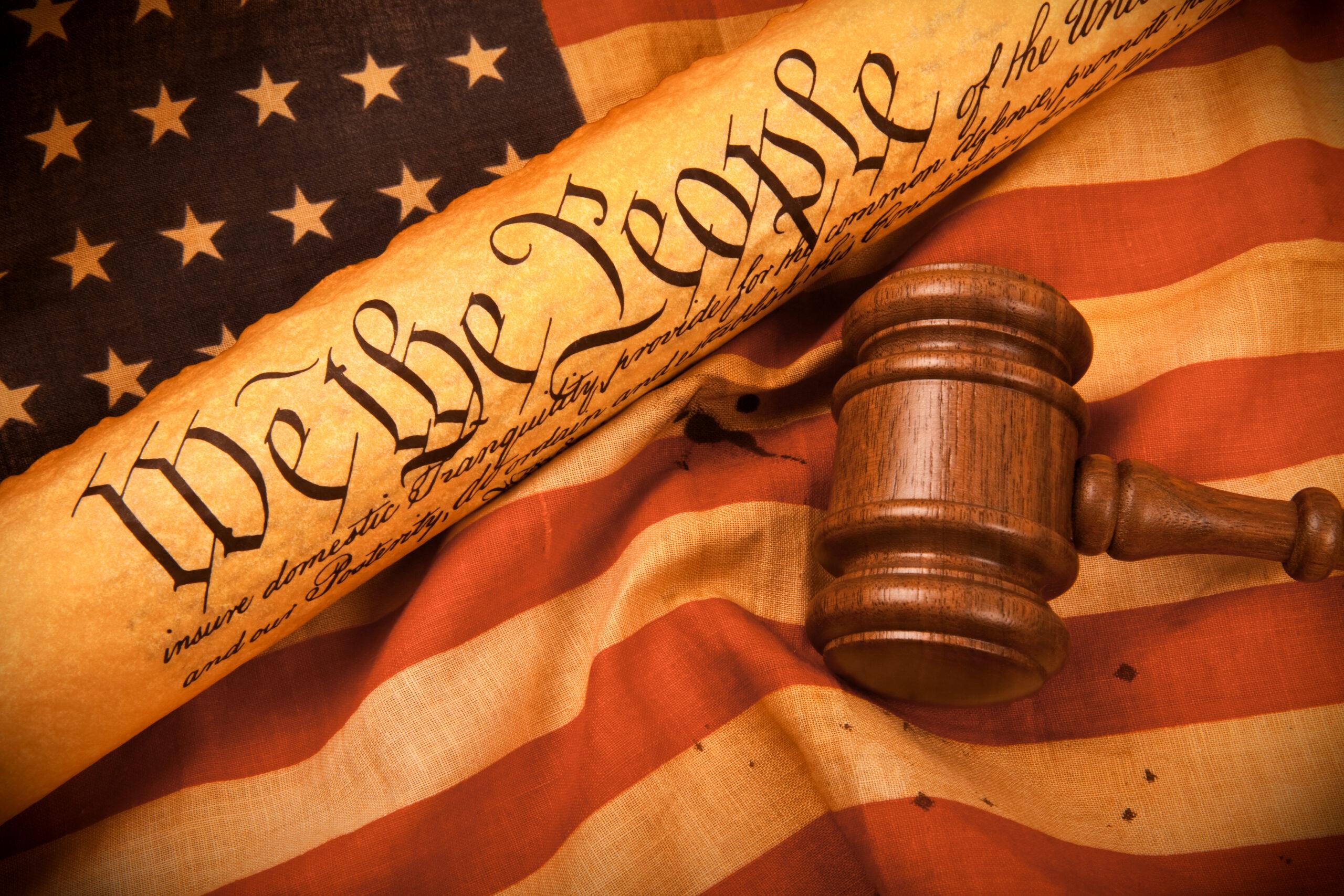

Under the British crown, the colonials were subject to virtually limitless searches and seizures under what was called a “general warrant.” By 1780, four years after the founders declared independence, a total of eight states banned general warrants. After the Constitution came into force in 1789, the young nation ratified the Fourth Amendment as stated below two years later.
The right of the people to be secure in their persons, houses, papers, and effects, against unreasonable searches and seizures, shall not be violated, and no Warrants shall issue, but upon probable cause, supported by Oath or affirmation, and particularly describing the place to be searched, and the persons or things to be seized.
As explained by our United States Supreme Court and grounded in common sense, the Fourth Amendment protects American citizens against unreasonable governmental intrusions. Florida v Jardines 569 US 1 (2013). In simple terms, the Fourth Amendment safeguards our right to privacy; to keep private matters private; and to remain undisturbed from unwelcomed visitors. At the very core of our inalienable rights to life, liberty and the pursuit of happiness is an assumed expectation of privacy. Undoubtedly, any decent and civilized society respects an individual’s right to go about their daily lives untroubled and to retreat to their home without interference or interrogation.
The Fourth Amendment draws sharp limits against the arbitrary intrusions of law enforcement authorities. Accordingly, over the last twenty years, the Fourth Amendment has become especially relevant as technological advances equip authorities with the ability to track, surveil and even retrace movements and communications. While intended to keep Americans safe and secure from terrorists and criminals, these technologies have not always been used by our federal government ethically or lawfully.






